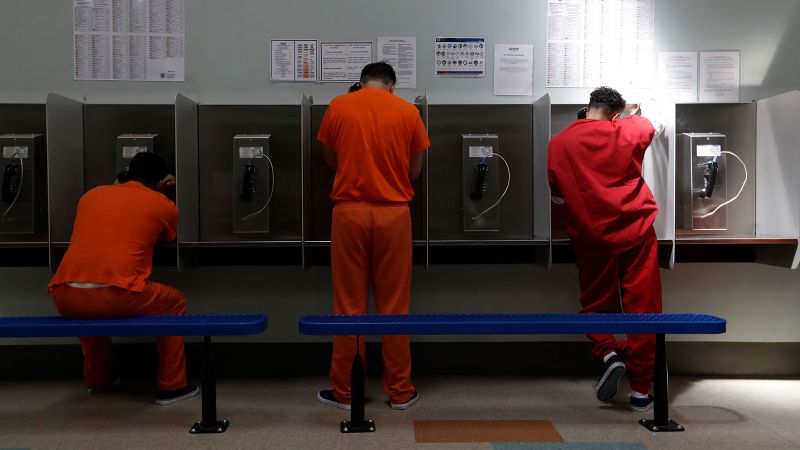
Biden promised but failed to end federal use of private prisons. That’s left the industry ready to cash in big under Trump
CNN
Shares of private prison companies have grown since the election. Those facilities could expand under Trump, despite claims of abuse and mistreatment.
Just over four years ago on the campaign trail, Joe Biden made a bold pledge to voters that as president he would end the federal use of private prisons – facilities where inmates have long complained of abusive treatment. But as he left office last month, his record on that matter fell short: While Biden ended the Bureau of Prison’s contracts with private prisons, he allowed their use by Immigration and Customs Enforcement to expand. Today, because of ICE detainees, the federal government has more people in private prisons than when Biden took office, according to data obtained by the American Civil Liberties Union through a Freedom of Information request and provided to CNN. And Biden’s choice to exempt ICE from his private prison policies did something more: It paved the way for President Donald Trump to quickly expand their use to hold undocumented immigrants. Among the flurry of inauguration day executive orders Trump signed was one overturning Biden’s executive order on private prisons. But long before then, in the waning months of the Biden administration, ICE asked private-prison companies such as Geo Group and CoreCivic, among others, for proposals to expand private-prison capacity this year in at least seven states: California, Kansas, Nevada, New Jersey, New Mexico, Texas and Washington. That move came despite ongoing allegations of poor conditions and improper treatment of detainees in many private prisons. Shareholders in those companies expect a huge payday under Trump. Between Election Day in November and Trump’s inauguration on Jan. 20, Geo Group shares rose 133% in price, while CoreCivic shares jumped nearly 60%, far outpacing the broader stock market.













